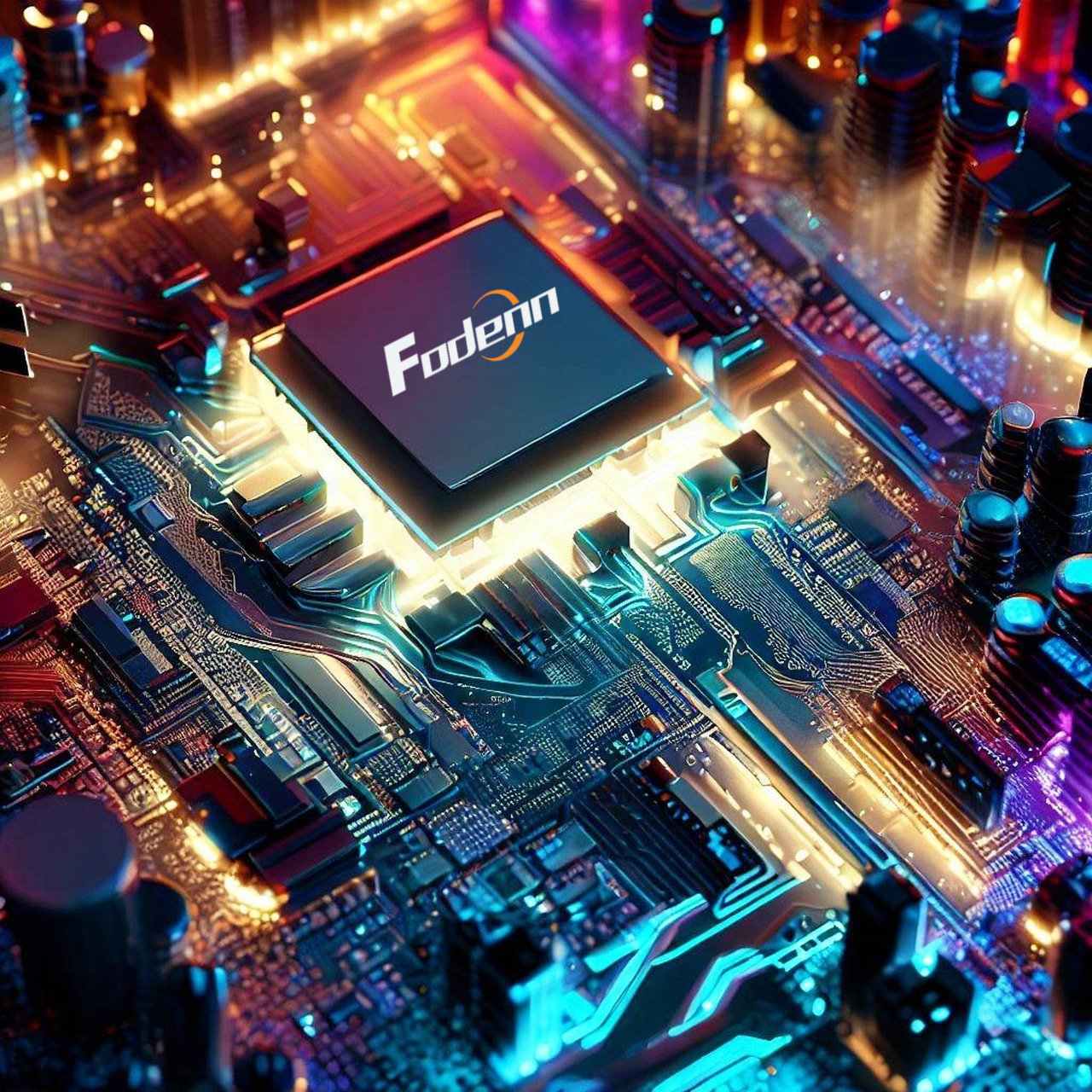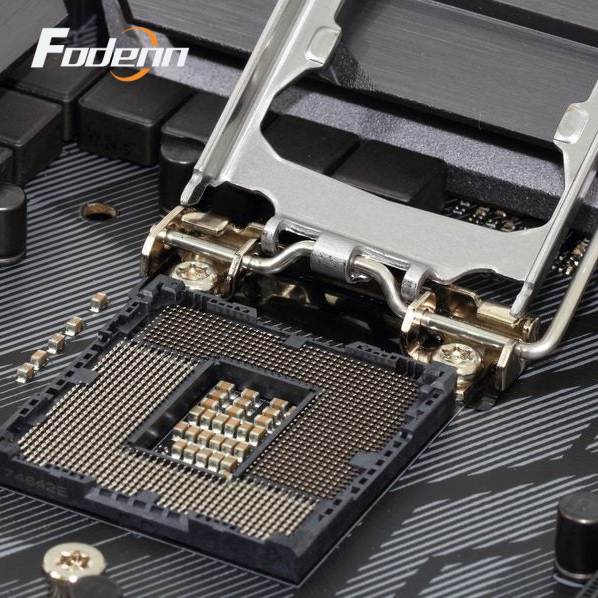What is Compatible with LGA1151 Motherboard-A Deep Dive into Fodenn's Industrial Solutions
Nov 23, 2024
The LGA1151 motherboard socket, introduced by Intel, has been a cornerstone for many computer systems due to its compatibility with a range of processors and components. LGA1151 socket, also known as the Intel H100 series, H310, H370, B360, and Z370 chipsets, is a popular choice for its versatility and compatibility with a range of components. This broad range of compatibility makes LGA1151 motherboards suitable for various applications, from everyday computing to industrial automation and data centers.
Processor Compatibility
The most critical component compatible with LGA1151 motherboards is the processor. These motherboards support a wide array of Intel 6th 7th Gen Core i3,i5,i7 processors, Intel Skylake, Kaby Lake, and Coffee Lake processors, which provide a balance of performance and power efficiency and offer different performance levels to cater to various user needs,form industrial automation,smart retail,financial to digital signage and more. It's essential to verify the specific processor model's compatibility with the chosen LGA1151 motherboard, as some boards may not support all processors within these generations. If you want to verify,
Memory Compatibility
Industrial LGA1151 motherboards typically support DDR4 memory, with capacities and speeds varying depending on the motherboard model. Users should check the motherboard's specifications for the maximum memory capacity, supported speeds, and the number of DIMM slots available.
Storage Options
These industrial motherboards offer multiple storage options, including SATA and M.2 slots. SATA ports are compatible with traditional hard drives (HDDs) and solid-state drives (SSDs), while M.2 slots support the latest NVMe and SATA-based SSDs, providing faster data transfer speeds.
Expansion Slots and Connectivity
LGA1151 motherboards come with various expansion slots, such as PCIe x16 for graphics cards and additional PCIe x1 slots for sound cards or network cards. They also feature multiple USB ports (USB 2.0 and USB 3.0/3.1), COM ports, providing connectivity for a wide range of peripherals.
Networking and Audio
Most industrial LGA1151 motherboards include onboard LAN / integrated networking (Ethernet) and audio capabilities, supporting high-speed data transfer and network communications. The onboard Ethernet ports support 10/100/1000 Mbps speeds, while audio jacks offer high-definition audio output.
Compatibility with Fodenn's Industrial Motherboards
Fodenn, as a leading industrial motherboards manufacturer, offers LGA1151 motherboards designed for industrial applications. Fodenn factory’s motherboards and IPC, such as the thin mini ITX socket LGA1151 industrial motherboard and LGA 1151 Micro ATX motherboards, are built to withstand the rigors of industrial environments while maintaining compatibility with a range of components.
Industrial Applications
In an IPC factory or industrial settings, the compatibility and features of LGA1151 motherboards are invaluable. They can be used in various factory automation control systems, from control panels to data acquisition systems,digital signage,and other applications requiring robustness and reliability. The ability to handle multiple tasks simultaneously, coupled with the robustness required for industrial environments, makes Fodenn's LGA1151 motherboards a popular choice. Fodenn's industrial motherboards offer additional features like wide temperature support, shock and vibration resistance, and long product lifecycles, ensuring compatibility with industrial requirements. Combined with the OEM ODM motherboards service, Fodenn can customize unique solutions according to customer specific needs.
When considering what is compatible with LGA1151 motherboards, it's clear that these boards offer a versatile platform for a variety of components and applications. Whether for industrial use or other industry computing, LGA1151 motherboards provide a solid foundation. For those seeking specific industrial solutions, Fodenn's LGA1151 motherboards are a reliable choice, ensuring compatibility with the latest industrial standards and components. For those interested in exploring Fodenn's LGA1151 motherboards further, it is recommended to contact for detailed specifications and additional product offerings.
Read More


